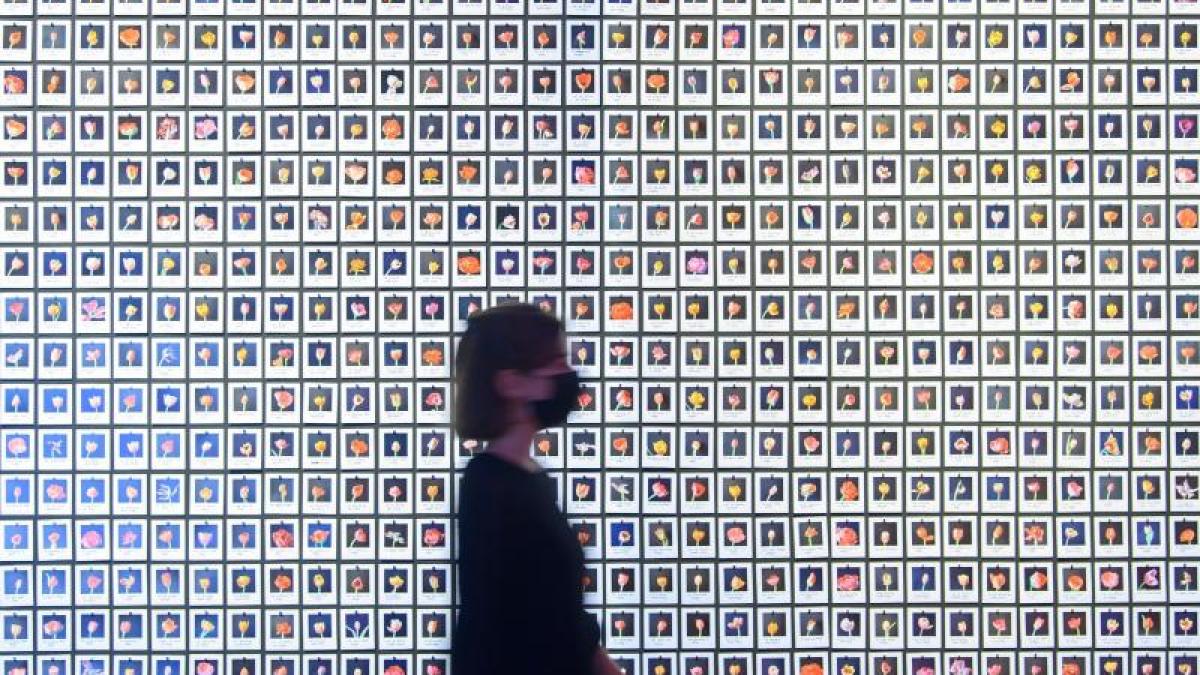Artificial intelligence technology is on the rise. Their evolution raises an age-old philosophical question: What is consciousness and how can it be simulated? Overview.
The question of human consciousness is as old as abstract thinking itself. Scientists and philosophers for many centuries have been struggling with where and how consciousness arises, whether it is spirit or spirit. With the advent of artificial intelligence (AI), these questions are being re-discussed.
However, for pioneers of AI research, it is far less confusing than it is for many humanities scholars. So the brain’s activities are presented as mere information processing processes. To them, it is clear that AI has the ability to gain consciousness. Marvin Minsky, a father of artificial intelligence, claimed early on: “The mind is nothing more than the product of intelligently interwoven master programs and subprograms.”
This assumption also follows many approaches to applying human intelligence to technologies that should be useful for everyday needs – embedded in robotics. For if it is true that consciousness is nothing more than the sum of the functions of the human brain, then, according to the same reasoning, it must also be possible to generate artificial consciousness in machines. But what exactly is meant when one speaks of consciousness, and how exactly does one imagine artificial intelligence?
What is Consciousness?: Spirit vs. Machine
Much depends on the question of what human consciousness is. It has always preoccupied philosophers and scientists in general. The fundamental question is: Is consciousness related to physical processes in the brain? Or is there a soul that operates independently of neurons?
French philosopher René Descartes, for example, posited the latter. It was also clear to him that human existence and therefore consciousness (“I think, therefore I am”) should be seen as an independent entity separate from the body and converging on a central control point, which he located in the so-called pineal gland. Descartes’ site for all thought processes, the pineal gland, is now a pipe dream. However, it is not a matter of how and where thought processes arise, or whether they are generated centrally or pluralistically.
Artificial intelligence and consciousness: “computers made of flesh”
The other position, which became more and more important during the nineteenth century, assumed the opposite, namely that our thinking depends mainly on the functioning of the brain, and ultimately on the properties of materials. Especially in the natural sciences – especially physics and neurobiology – this is indisputable.
AI research is also based on the assumption that the brain can be simulated as a “naturally generated information processing system” (according to Mainz philosopher Thomas Metzinger). Because then it would be possible to create one out of plastic and semiconductors instead of a “computer out of the flesh”.
What is artificial intelligence?
Artificial intelligence (AI) is a part of computer science that deals with the development of computer programs that simulate intelligent behaviour. “Basically, AI is a process that attempts to replicate aspects of human intelligence,” explained robotics researcher Elisabeth Andre of the University of Augsburg. Augsburg General. The professor is one of Germany’s leading minds in the field of artificial intelligence research.
Fractured AI is an attempt to transfer human learning and thinking skills to a computer and assign it less monotonous, instead independent tasks in which human qualities such as the ability to respond, a talent for improvisation, or empathy are required. Instead of programming it for each purpose, the robot can be enabled by artificial intelligence to independently find answers, solve problems and thus achieve a specific goal.
Artificial intelligence and consciousness: Can human consciousness be simulated?
Whether an AI can have consciousness also depends on the question of which human image is used as a basis. So whether one ascribes a deeper consciousness or even a soul to man, which cannot be simulated, or whether one posits a complex yet purely physical nervous system that evokes all thought processes of the soul. AI research believes it has already left this question behind.

“Certified tv guru. Reader. Professional writer. Avid introvert. Extreme pop culture buff.”







More Stories
Samsung Quantum Dot TV: Art meets technology
Pitch: €56m for energy startup Reverion
Plastoplan: Plastics for Energy Transition